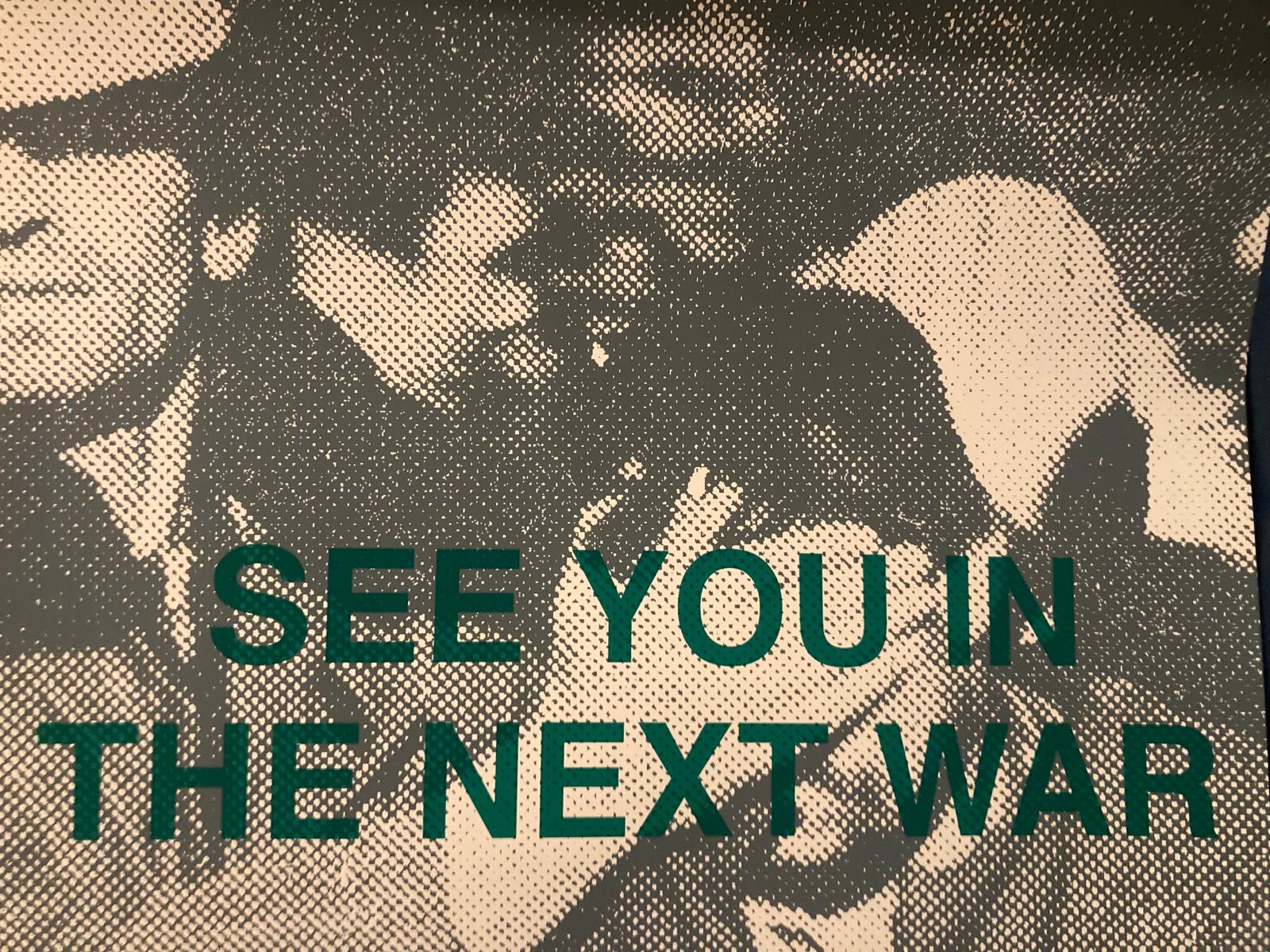
Publishing as Scaffolding, Part 1: Pykë-Presje
19th- 21st April
As part of Rab Rab Press' residency at AGIT, we are exciting to be hosting a small exhibition and event series with Pykë-Presje from Prizren, Kosovo.
Pykë-Presje [pü:k presye, Wedge-Comma] is a space for archival research, experimental artistic production, workshops, and exhibitions, aiming to build a counter-archive from the local histories.
Pykë-Presje produces experimental radical publications and organises exhibitions, discursive programmes, and workshops, and is building an archive and library, which emphasises histories of people’s movements, emancipatory women's organisations, and class struggles defying the nation-state narratives. They have produced books and exhibitions about poems of a Muslim Sufi activist within the Yugoslav Communist Party in 1920, Anti-Fascist Women Front in Kosovo, Punk Fanzines in Turkey, Scratch Orchestra members' album on Albania, and 'Film as Political School' series using experimental film forms to engage with recent contradictory histories of Kosovo.
Exhibition Opening and Discussion of the work of Pykë-Presje
Friday 19th April, 19h
For the opening of the exhibition, we will be hosting a discussion with Sezgin Boynik (Rab Rab Press) and Tevfik Rada (Pykë-Presje) about the history of Pykë-Presje, focusing on two recent projects.
This long term research project focuses on the Muslim population’s support for the Communist Party of Yugoslavia in Kosovo and Macedonia. The special attention is given to Sosyalist Fecri (Socialist Dawn), a newspaper of the Communist Party of Yugoslavia (CPY) published in Skopje in 1920, in the Turkish language with Ottoman/Arabic script; The socialist poems of the Sufi leader in Prizren Haxhi Ymer Lutfi Paqarizi; The internationalist political activism of two socialist figures from Skopje: Ferit Bayram and Nakiye Bayram.
Film as Political School is an experimental project which aims to read the history of class struggle through film.
In 2001, Chris Marker announced a second episode of his cinematic ‘Kosovo report’, which he would never release. In a statement written a few years later he wrote that “nobody cares about Kosovo anymore anyway — until the next war.” While this film is considered lost today, the ghost of war has not ceased to haunt Kosovo’s everyday life ever since. Using Chris Marker’s metaphor, Sezgin Boynik and Tevfik Rada capture the shadows of Kosovo’s recent history through cinematic devices.
The exhibition will include a series of silkscreen prints from each project, which will remain on display at AGIT until the 21st April between 16- 19h each day.